Keywords: Bishop Pat Power
-
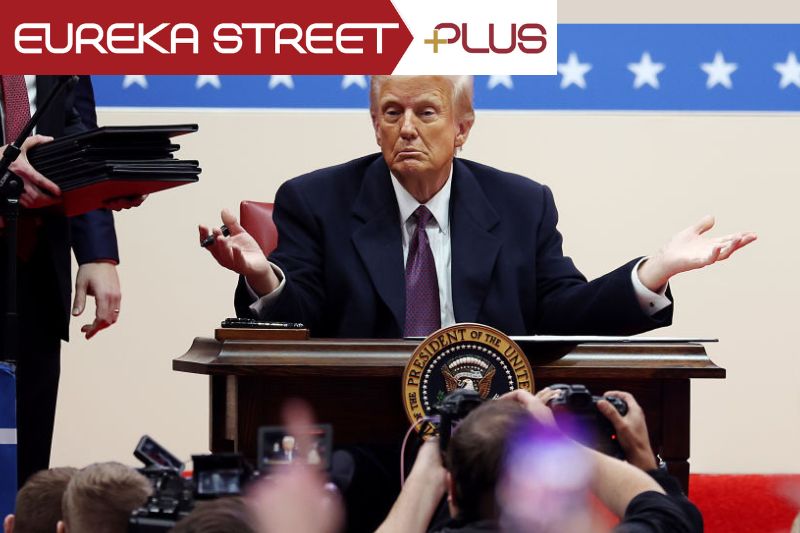
INTERNATIONAL
- Peter Craven
- 24 January 2025
In a second presidency begun with a spate of brash decrees — annexing Greenland, scrapping birthright citizenship — and forging odd alliances with billionaires, Donald Trump is already defying expectations. How did we reach this unsettling moment, and can America endure it?
READ MORE 
-
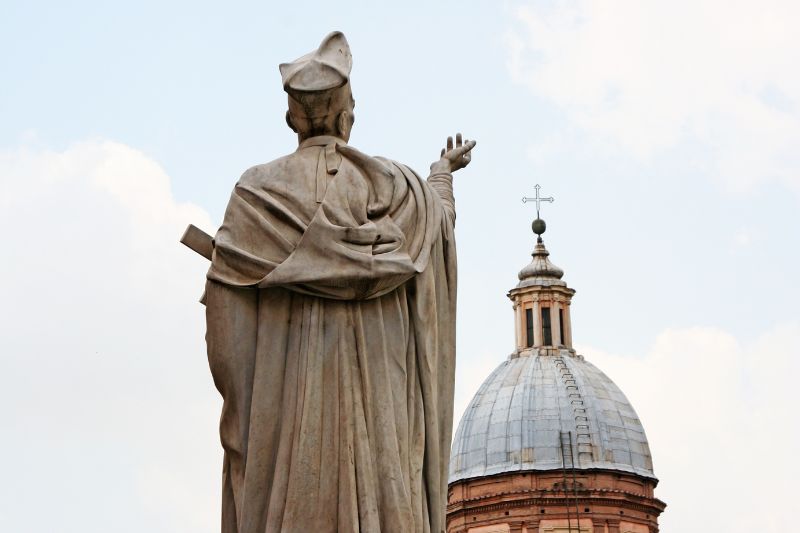
RELIGION
The recent Vatican instruction terminating the celebration of the Tridentine Mass in St Patrick’s Cathedral is a prime example of Vatican officialdom overriding local episcopal authority. Let us hope that in a more decentralized Church some traditional obstacles to ecumenism may be removed without respective ecclesiastical loss of face on the part of the contributing Churches.
READ MORE
-
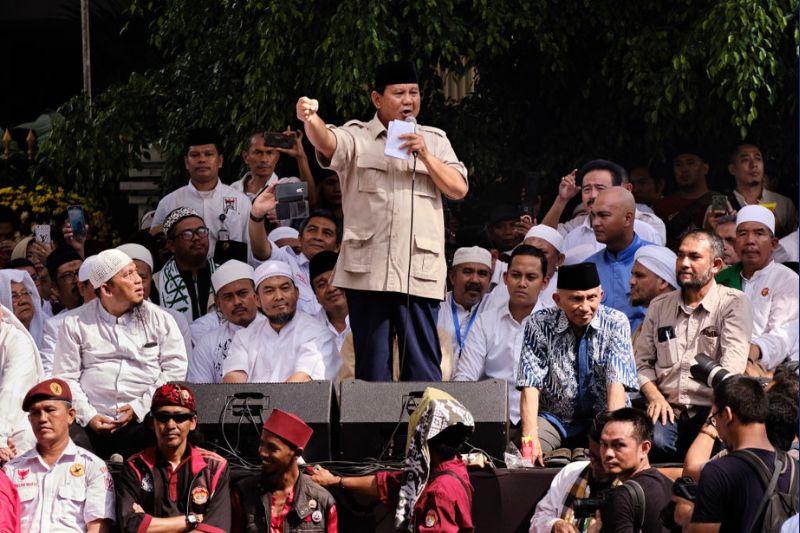
INTERNATIONAL
- Pat Walsh
- 17 January 2024
5 Comments
Over 200,000,000 Indonesians are currently weighing up who to elect from three candidates as their next president. Australia has nothing to gain from a Prabowo presidency and a lot to lose.
READ MORE
-
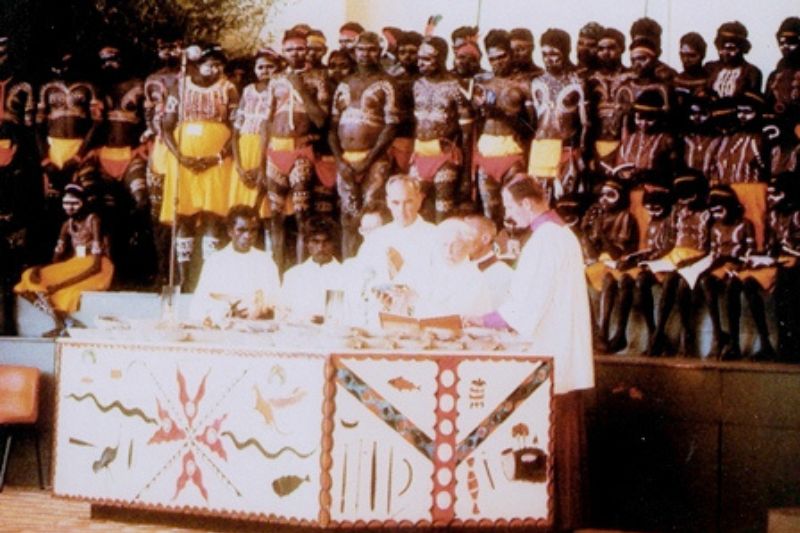
RELIGION
- Brian McCoy
- 11 January 2024
Fifty years ago, the Aboriginal Liturgy was the first attempt by the Catholic Church in Australia to re-shape the Mass, and was the first time we had witnessed and experienced Aboriginal people expressing their Catholic faith in ways that were culturally different from our own.
READ MORE
-

RELIGION
- Brian McCoy
- 20 February 2023
15 Comments
Fifty years ago, the Aboriginal Liturgy was the first attempt by the Catholic Church in Australia to re-shape the Mass, and was the first time we had witnessed and experienced Aboriginal people expressing their Catholic faith in ways that were culturally different from our own.
READ MORE
-
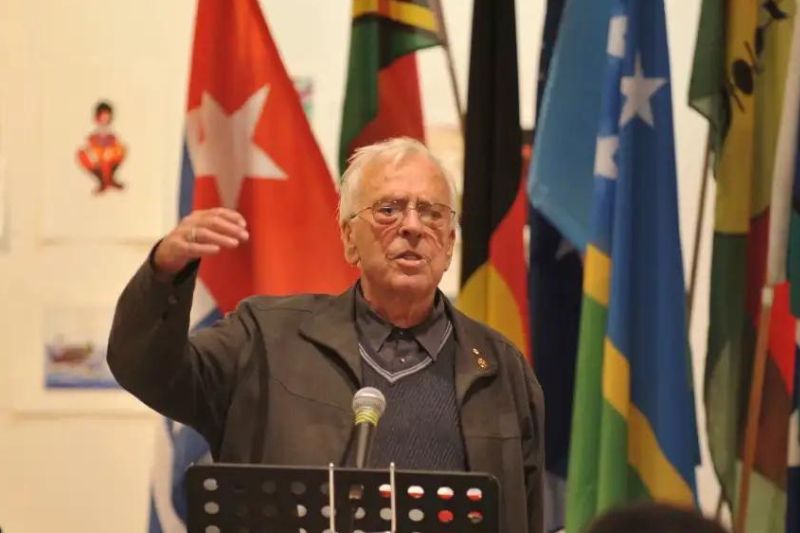
AUSTRALIA
- Andrew Hamilton
- 10 October 2022
8 Comments
Two weeks ago, Bishop Hilton Deakin died. My memories of him are inextricably tied to the Mass he celebrated in 1999 at St Patrick’s Cathedral in Melbourne, certainly the most emotionally charged event that I have seen there, following the violence orchestrated by the Indonesian military following the Referendum on Independence in East Timor. During the struggle for Independence, many East Timorese had joined the Catholic Church.
READ MORE 